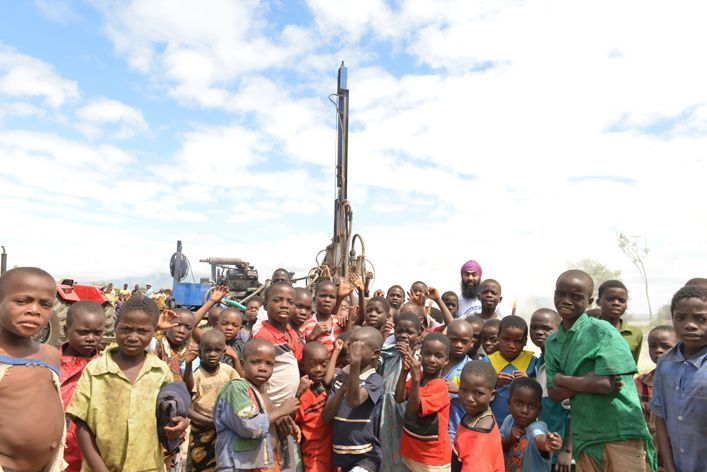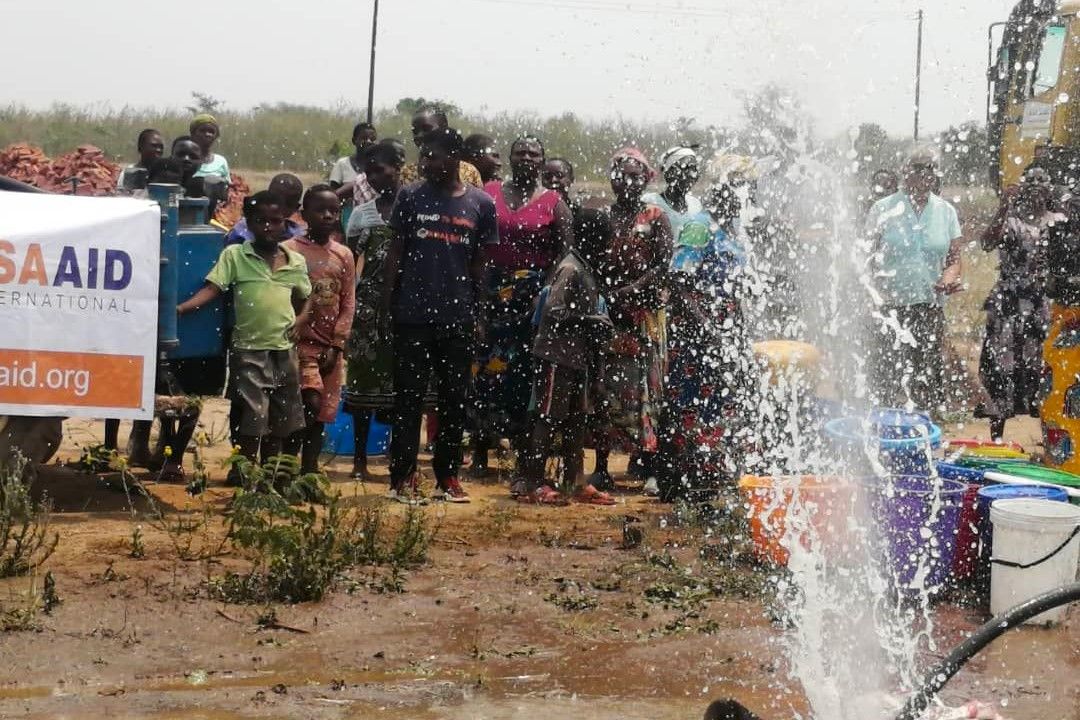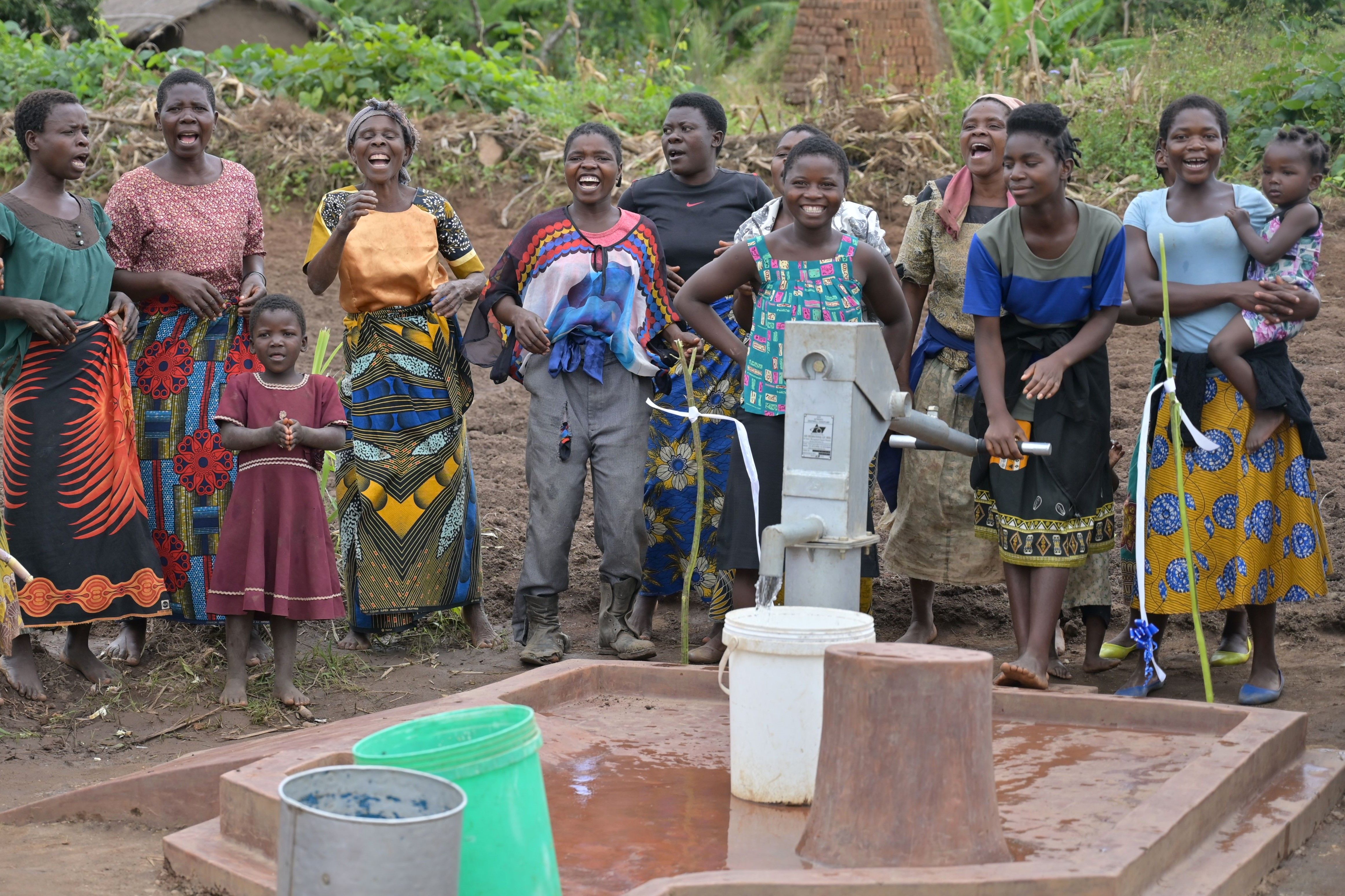Water4Africa - Malawi
Project summary
Khalsa Aid’s Water4Africa is a long-term development project that aims to bring clean, safe, and accessible drinking water to the remote rural communities of Africa, including Malawi, Zambia, Kenya and The Gambia. Our Water4Africa project has benefitted thousands with clean and accessible water for almost a decade, and we remain steadfast in our commitment to this cause.

Timeline
How we are helping
Clean water
The Water4Africa project in Malawi found its footing with one single water pump installation during critical relief aid post flood in 2015. It has since expanded, and has provided water to 47 villages. Khalsa Aid has made significant strides, working with local communities to establish where clean water is most needed, and successfully installing 51 water systems across Malawi.

Clean water
The Water4Africa project in Malawi found its footing with one single water pump installation during critical relief aid post flood in 2015. It has since expanded, and has provided water to 47 villages. Khalsa Aid has made significant strides, working with local communities to establish where clean water is most needed, and successfully installing 51 water systems across Malawi.
Impact so far
These figures are updated with every deployment.
Please note that they are often an underestimation.
People Benefited
Water Systems Installed
"Readily available drinking water means children no longer need to waste their day travelling far to get water and can instead spend their time in school. Teachers are also more inclined to accept teaching roles in remote areas if they can access a clean water supply. The long-term impact on rural communities is certainly significant."

UN Sustainable Development Goals
This project supports the achievement of the following UN Sustainable Development Goals:




